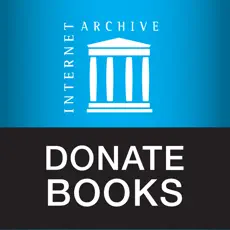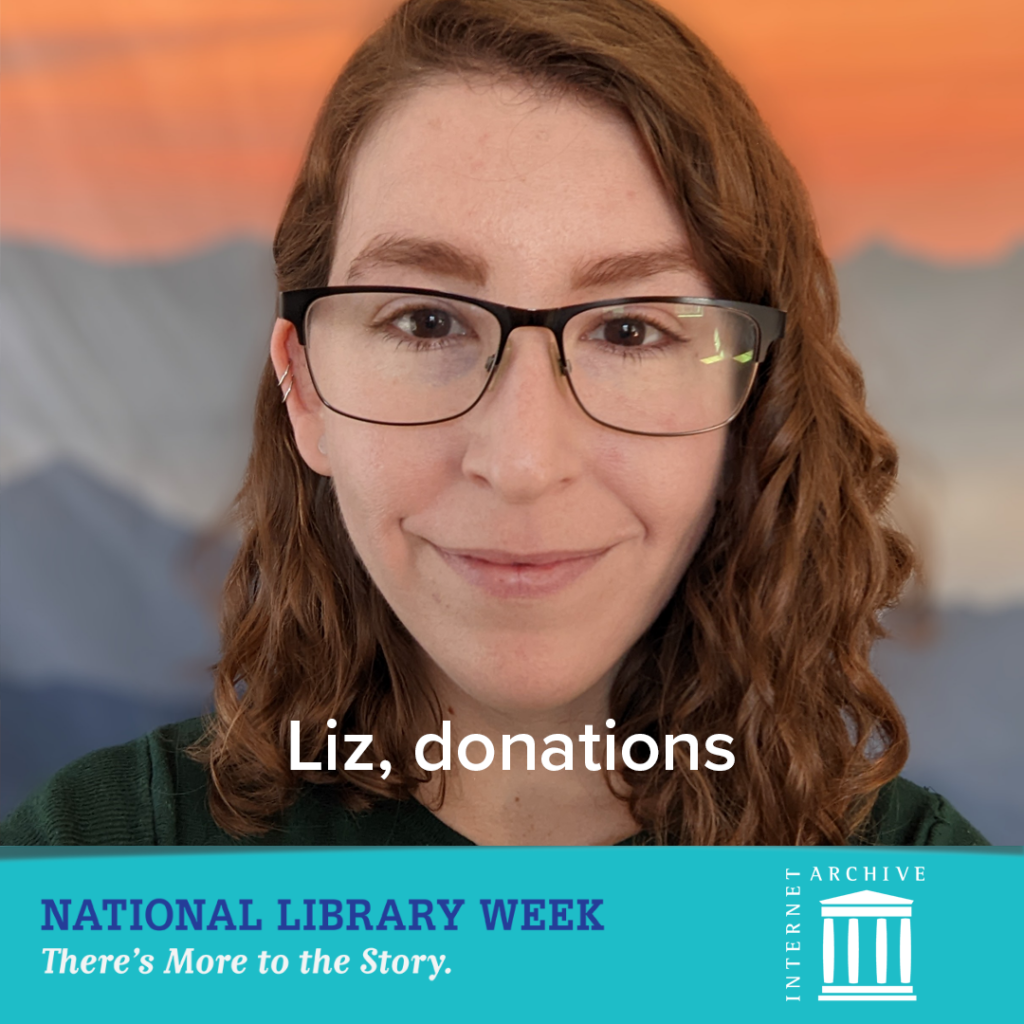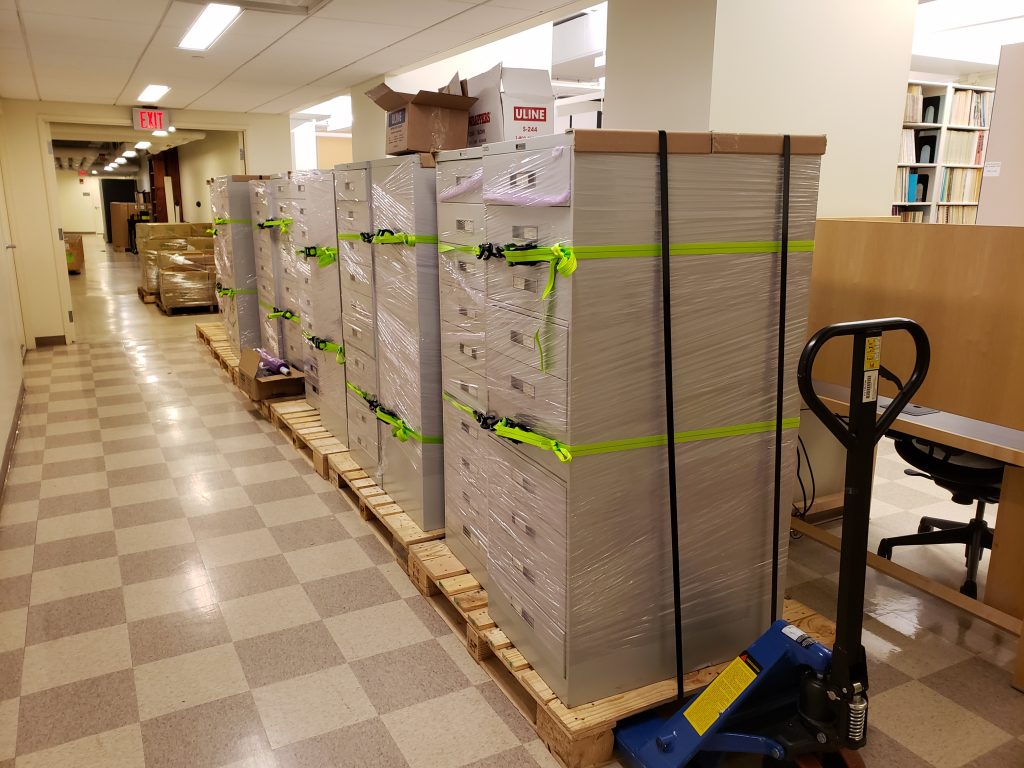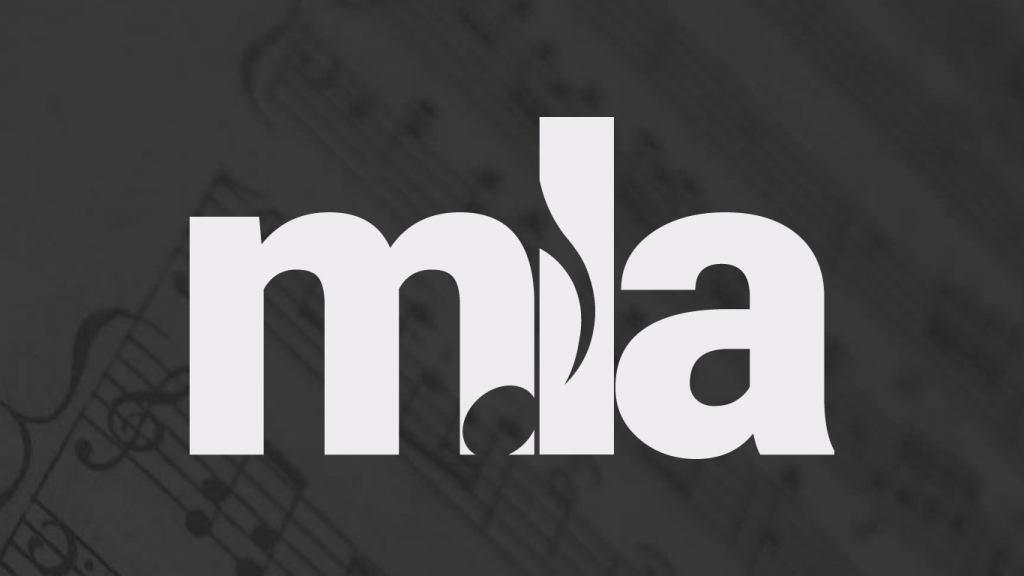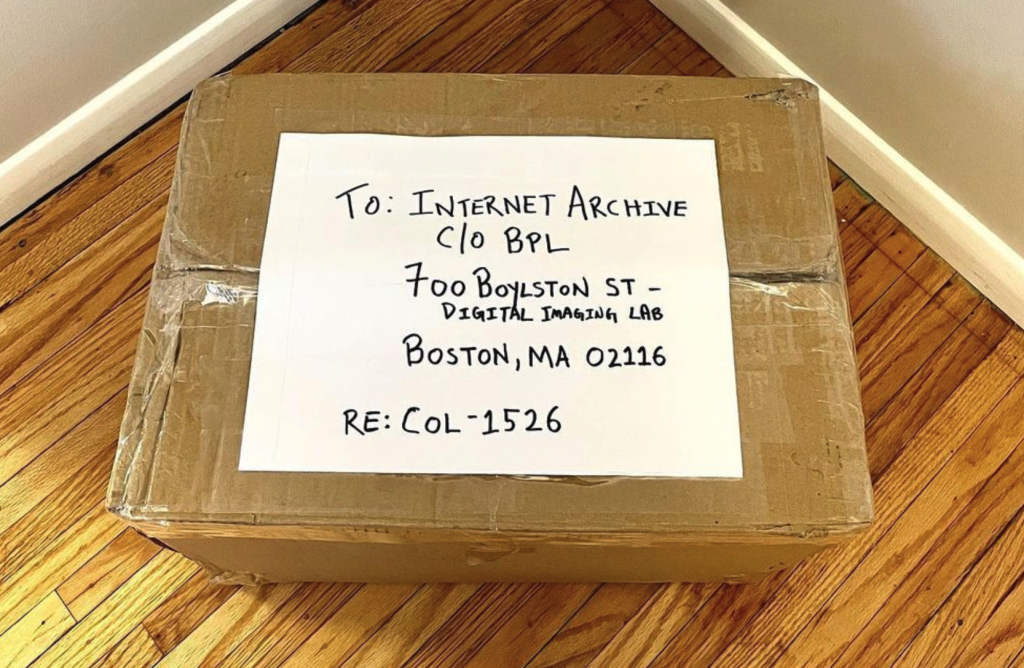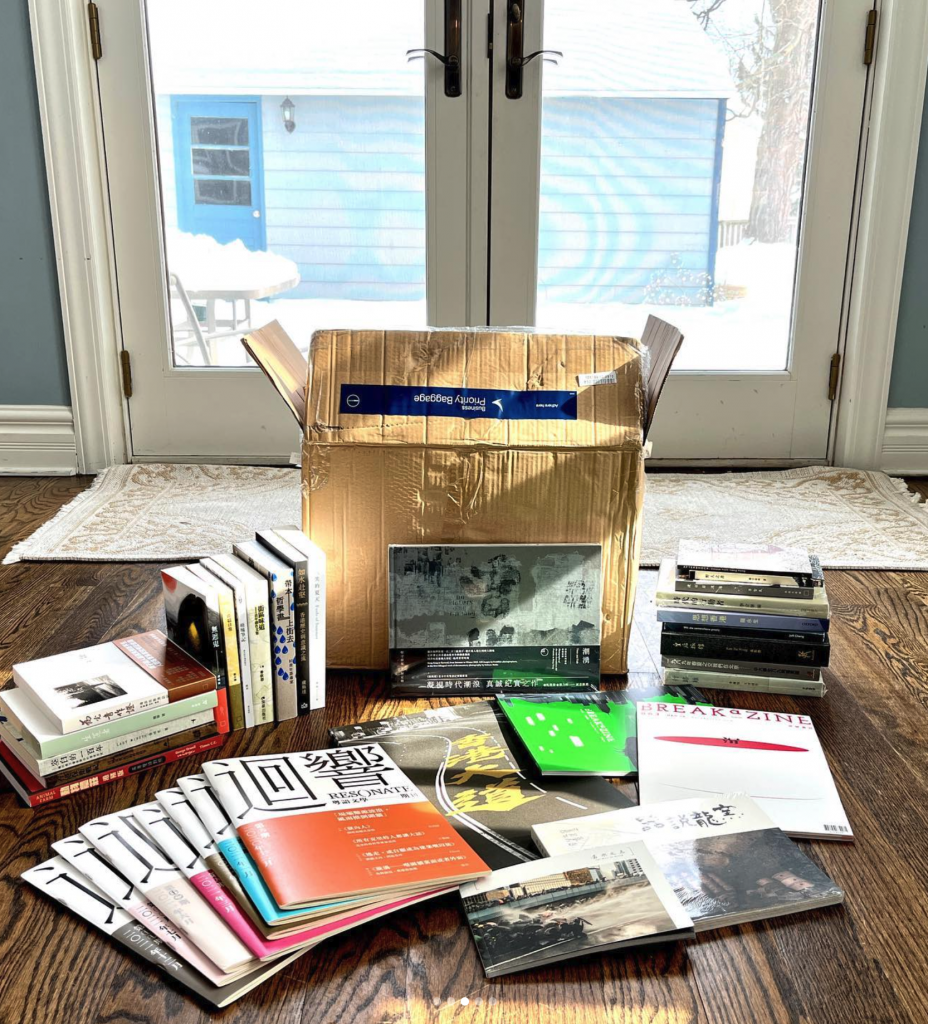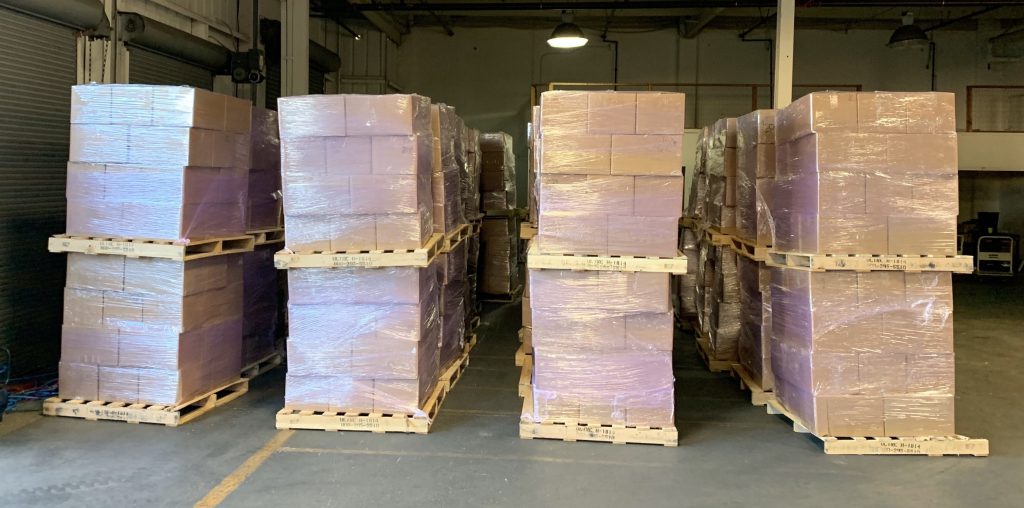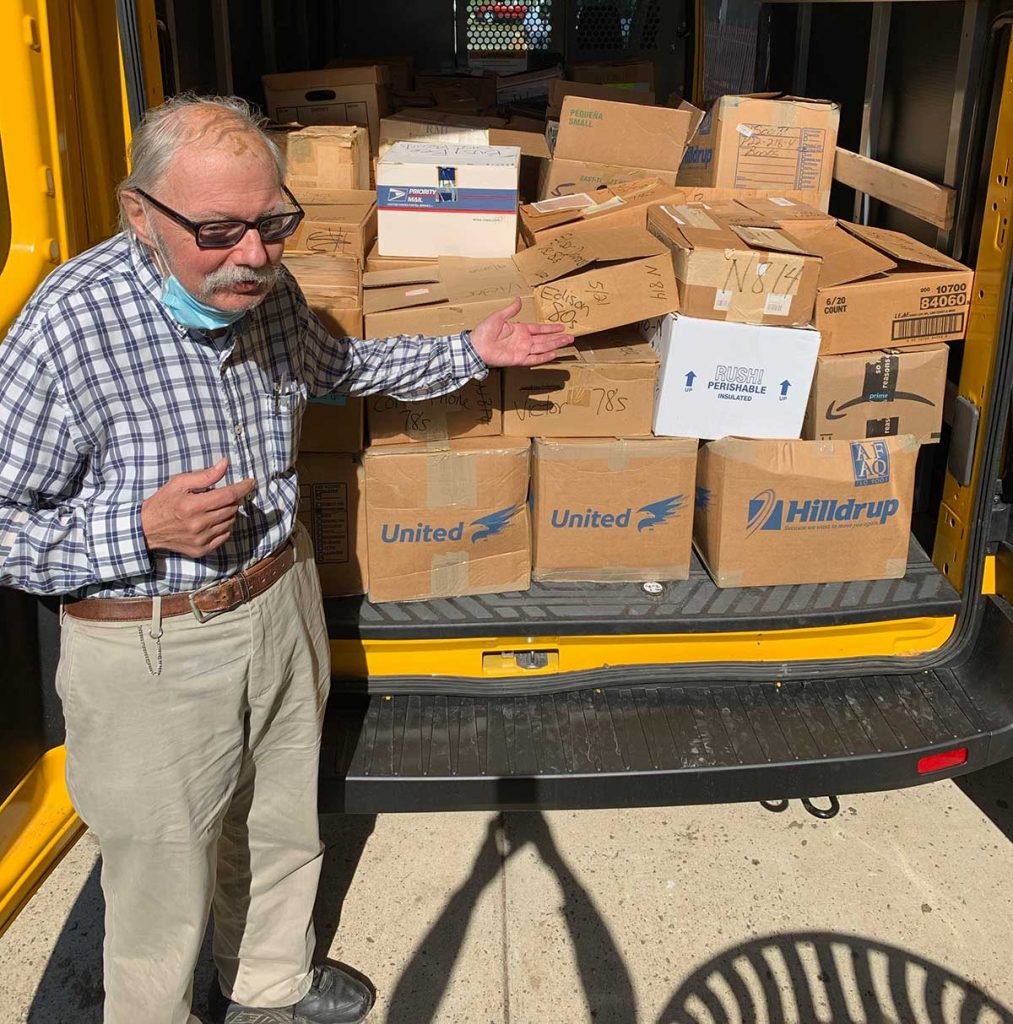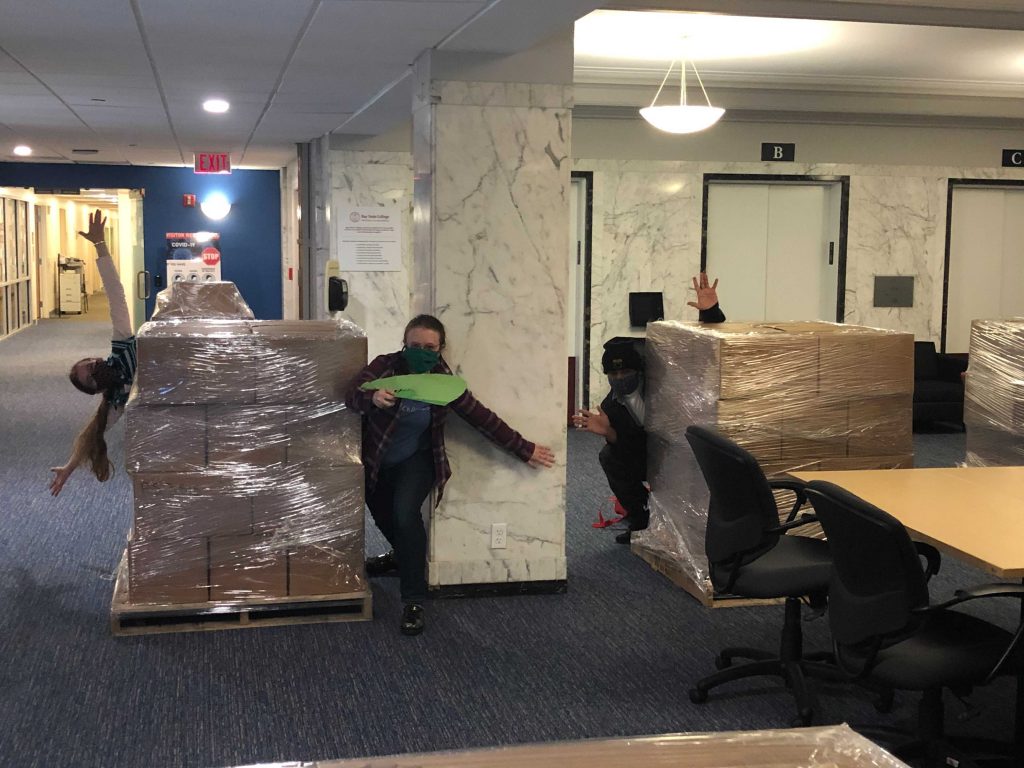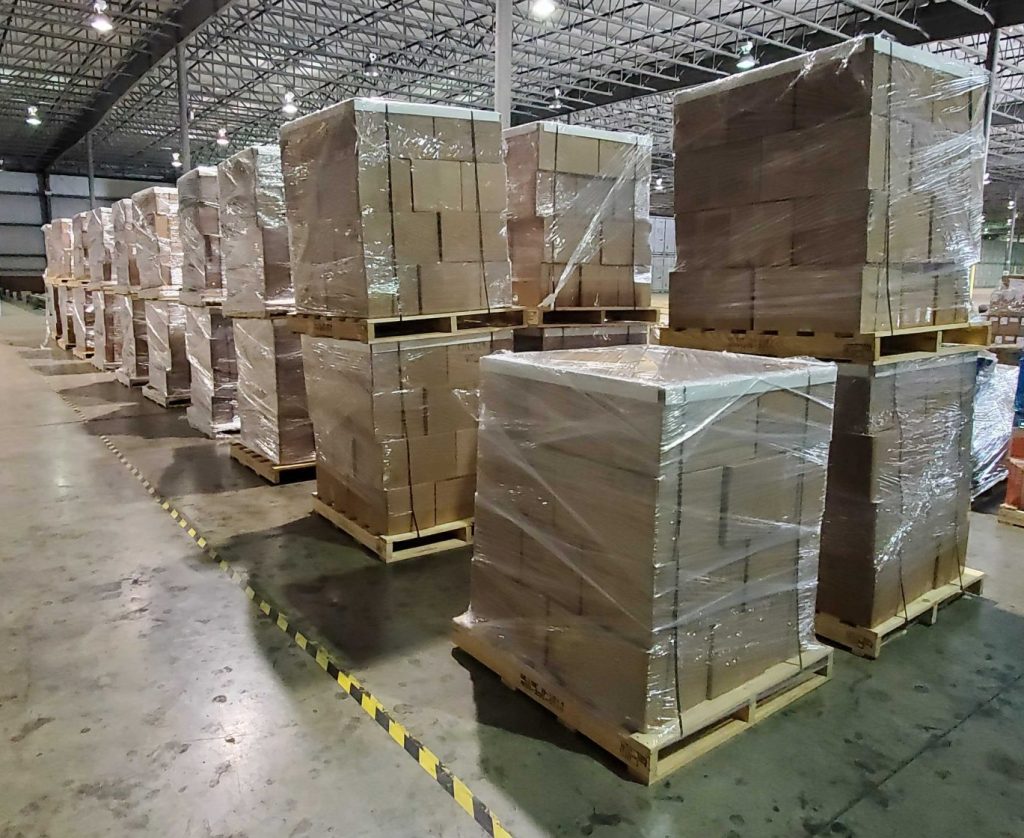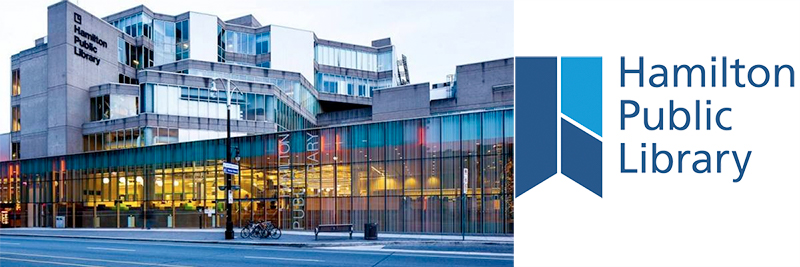Growing up in New Jersey, Beth Noveck says she was surrounded by so many books in her home that it felt like a library.
Prestel Publishing, 1999
Her father, Simon Noveck, was a voracious reader. A rabbi with a Ph.D. in political science from Columbia University, Simon collected books about Jewish philosophy, history, and sociology. Her mother, Doris, was interested in books about the arts and cooking. Together, they traveled around the world and often brought home souvenirs in the form of books, including a Turkish dictionary and a guidebook from a Jewish cemetery in Prague.
Over the years, the Novecks amassed a collection of more than 10,000 volumes. After they died (Simon in 2005; Doris in 2022), the family had to decide what to do with all the books.
“My parents had always talked about the idea of building a lending library, creating a home for the collection that people could access,” said Beth, a professor at Northeastern University in Boston.
While storing the items in a physical library was not feasible, Beth said the Internet Archive provided the perfect solution: Digitizing the collection.
Donating the collection
The donation process started by completing the Internet Archive’s physical item donation form. She then got in touch with the Internet Archive team who helped answer questions about the deduplication, packing and shipping process.
“We work with prospective donors to make sure that the valuable information in their collections will be unique to our library,” said Liz Rosenberg, Internet Archive’s donations manager. “Once we determine the collection will help add new resources to our library we help coordinate the logistics of getting the collection to the physical archives. There can be all sorts of logistics puzzles involved in physical item donations, especially for sizable donations like this one, like how to box books for efficient storage and transport. It’s always meaningful to work with families to help honor the legacy of their loved ones by preserving the materials they curated over time.”
In November, the family donated approximately 5,000 books in 200 boxes—every book from the collection that the Archive did not already have online. Staff from the Internet Archive provided the boxes, staff and two trucks to move the items from New Jersey to the physical archives. The items will eventually be scanned, cataloged and available for free to the public online.
“I can think of no better way to honor my father’s memory and all the work that he did to create this collection,” Beth said. “This way his legacy continues, and other people get to benefit from the work that he did. I’m so thrilled and grateful for this opportunity.”
To decide what to donate, Beth and her son, Amedeo Bettauer, 14, used the Donate Books app (iPhone / Android) from the Internet Archive to review each book to see if it would be new to the collection or a duplicate. The books had been moved to a family member’s house in New Jersey, where Beth and Amedeo went over the course of five weekends last fall (by plane, car or train) to sort out the collection.
“It was an occasion for a lot of reminiscence, wonderful stories and exchange of memories,” Beth said.
Understanding the collection
Born in 1914, Simon had served congregations in New York City and Hartford, Connecticut; was the head of adult education for B’Nai Brith; and wrote several books about Jewish history, sociology and philosophy. Living far from a research library in rural New Jersey, Beth said her parents frequently bought books and remained in touch with the wider world through their reading.
For Amedeo, who never met his grandfather, the process was a chance to learn more about his family’s history.
“Books really do reflect a person,” Amedeo said. “Getting to see my grandfather’s entire collection gave me a window into who he was, as a man, which was very interesting. There were some moments where I thought, ‘Wait, that’s a book that I might have gotten or that I even have.’ It was very enlightening to see.”
Amedeo and Beth said they were amazed at the breadth of the collection, including papers from U.S. presidents, and rare books on a variety of topics. The process was both sentimental and enjoyable, Beth said, knowing that her father had read every book they sorted. A long-time fan and supporter of the Internet Archive, she said it was very satisfying for the family to know that so much of the collection will be preserved.
“A lot of my grandfather’s books were very esoteric, so he might have been the only person left that had a physical copy of a certain book,” Amedeo said. “To have that be lost or destroyed would be a catastrophic loss of knowledge. This way the collection is digitized and forever available to everyone for free. I think it’s what my grandparents would have wanted.”
